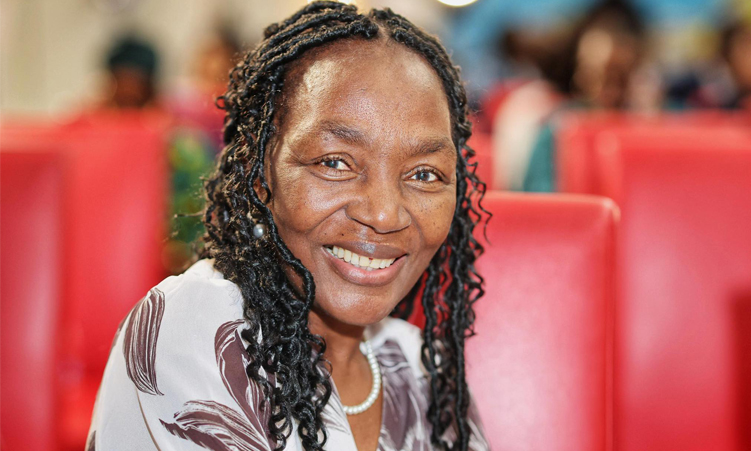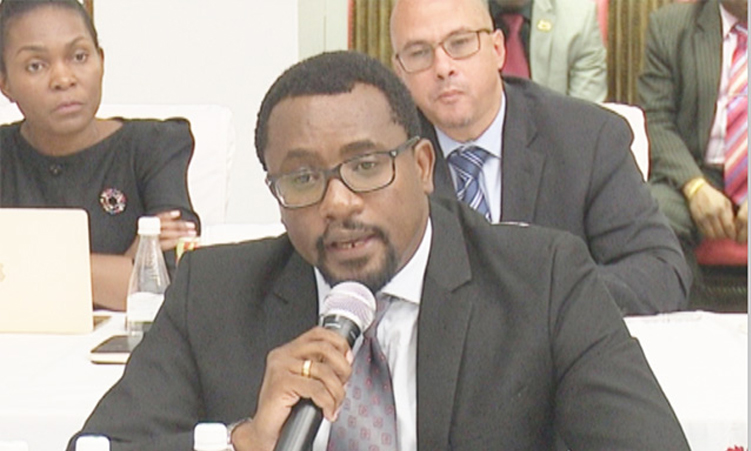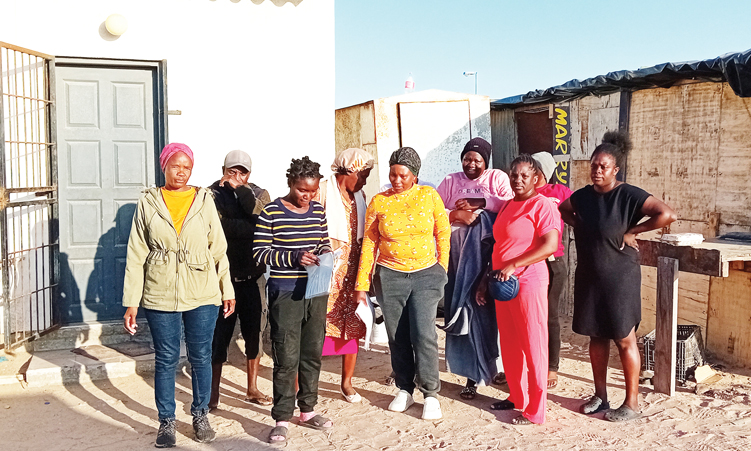Namibia’s youth say the country should invest enough time in training young people in green hydrogen and related fields.
Thomas Matias, a third-year mechanical engineering student at the University of Namibia (Unam), says to fully capitalise on opportunities provided by the emerging green hydrogen sector, targeted skills development initiatives and investments in education and training are crucial.
This comes after the conclusion of the Local Conference of Youth in Windhoek, which took place on 23 and 24 October.
Matias said the development of associated industries, such as green ammonia and fertiliser production, would create further job opportunities.
“With Namibia’s abundant renewable energy resources, the country is well-positioned to become a global leader in green hydrogen production,” he said.
He said while Namibia has made significant strides with its green hydrogen strategy and projects like that of Hyphen Hydrogen Energy, more needs to be done to maximise opportunities.
Matias said local businesses and suppliers in the value chain should be prioritised, as well as developing supporting infrastructure.
“Promoting research and development could advance green hydrogen technologies and reduce production costs,” he said.
Unam electrical engineering student Kativa Shihako said the challenge is scaling up opportunities to benefit a wider range of young people across Namibia.
“Many young people still face barriers, such as limited access to specialised education and training, or difficulty connecting with the growing hydrogen industry,” she said.
Shihako said that by scaling up what’s already being done and removing barriers, Namibia can ensure its youth are fully equipped to lead the green energy sector.
Daniel Parata, the founder of Kansukwa Unity Farmers Cooperative, a rural community farming cooperative, said the current development of the green hydrogen sector in Namibia represents a game changer, although the government needs to address the skills gap and invest in youth skills development.
“If young people are empowered with the skills and knowledge aligned to key events and developments, the green hydrogen industry could accelerate socio-economic development,” he said.
Parata said the green hydrogen industry creates the need for more infrastructure development such as roads, housing, information and communication technology, and sustainable agriculture.
Speaking at the conference, European Union (EU) ambassador to Namibia Ana Beatriz Martins said the event is a critical space for young people to influence policy decisions and hold their leaders accountable.
“You are either already directly or soon to be involved with Namibia’s ambitions for green industrialisation in pursuit of clean energy. This summit represents a crucial platform for fostering these discussions and relations,” she said.
Martins said the EU is working closely with Namibian authorities, civil society organisations and the private sector to support technical and vocational education programmes, and to upskill and reskill workers to expand solar grid access.
This goes hand in hand with addressing energy poverty and promoting a green economy, she said.
“The importance of fostering a just energy transition cannot be overstated. The transition to a green economy must ensure that no one is left behind, particularly Namibia’s youth, women and vulnerable communities,” Martins said.
Stay informed with The Namibian – your source for credible journalism. Get in-depth reporting and opinions for
only N$85 a month. Invest in journalism, invest in democracy –
Subscribe Now!










